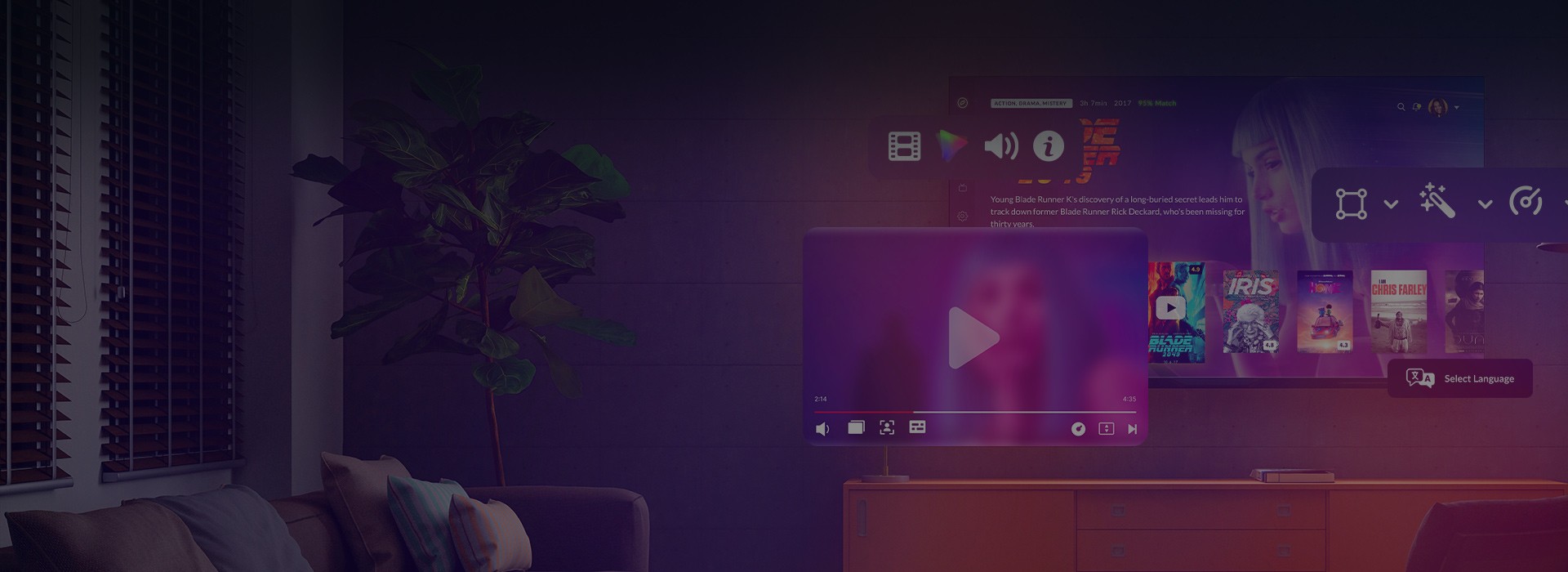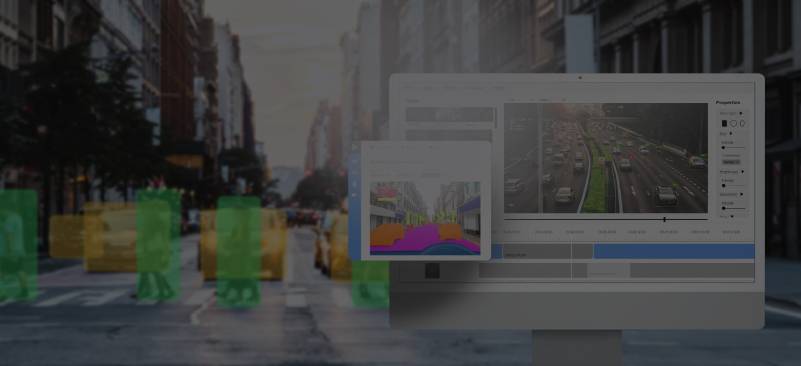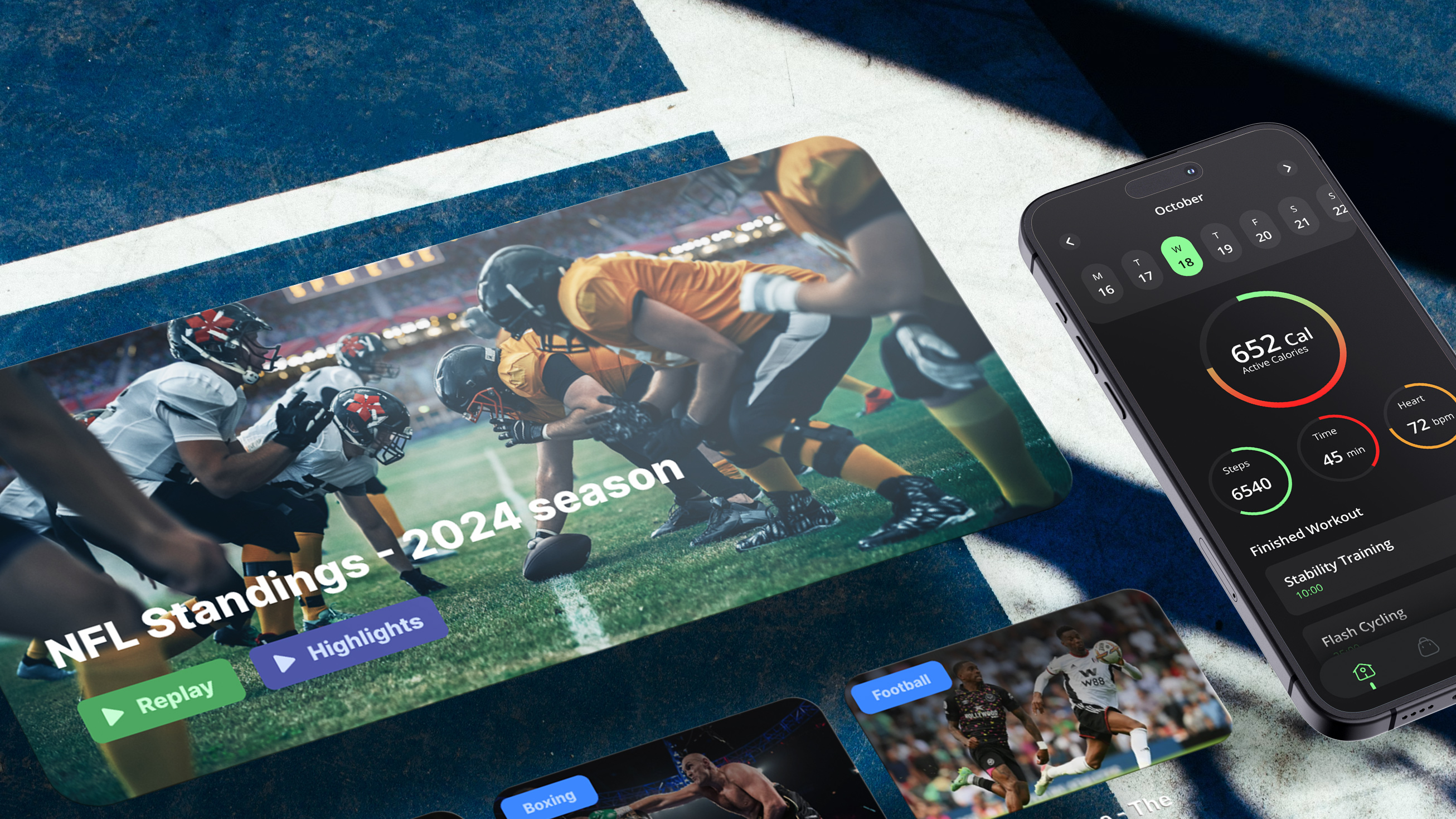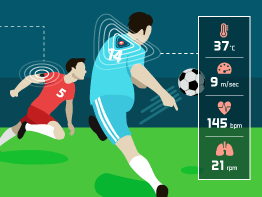
In our previous blog post, we went through advanced football club apps’ functionality that can open up additional revenue opportunities. Now we’ve picked up 15 leading football clubs residing in Europe to compare their official mobile apps, including football fan apps, based on some of these revenue-generating features.
Here’s what you can expect to find in this article:
Football fan apps comparison table
Take a look at the comparison chart below to understand who is giving it their best shot in terms of mobile commerce, VoD monetization, brand games, public commenting, social and news hubs, and smart bots.
| Real Madrid CF | Official store + ticketing in app | Real Madrid TV (live + on-demand) | Virtual tours (via partner) | No public chat wall | None | News, club social streams integrated | Full live match feed, stats, calendars | Personalized member area; no chatbot noted | 6 |
| Manchester United | United Store integration & match tickets | MUTV live + on-demand within app | Match predictions feature via app poll | Polls and live blogs over fan content | None | Official news + social feed inside app | Live match updates, line‑ups & stats | No explicit bot; predictions but no AI assistant | 6 |
| FC Barcelona | Tickets & merchandise via app integration | Exclusive video content via Barça One / Clips | Quizzes & Match-day challenges in feed | Club-run polls; no open public wall | None | Vertical story feed + club social | Real‑time match updates inside app | Personalization of content; no bot | 6 |
| Liverpool FC | LFC Store app separate; main app links included | Exclusive video via membership (All Red) | No AR/games documented in description | Match-day blog content but not public wall | None | Integrated news, content and club updates | Deep stats, live commentary and analysis | Personalized content; no chatbot | 5 |
| AS Roma | Tickets for season‑ticket holders via app “Il Mio Posto” | Behind‑the‑scenes videos and match highlight reels | AR kit filters and event-based features | No open chat, only content updates | None | News & social links inside app; push alerts | Match stats, schedules and ticket info | Personal experience via ticket app; no AI bot | 5 |
| AC Milan | In-app ticket purchase and merchandise & store access | Press conference videos, training & exclusive media | Not documented beyond match highlight features | No public commenting indicated | None | News, videos and transfer updates tied in feed | Live ticker, match events, user‑voted MVP | No mention of chatbot or AI | 5 |
| Borussia Dortmund | Club merchandise access + Order & Collect in app | Match highlights & interviews; no confirmed paywall | Interactive fan puzzles, lyrics features | Community posts & matchday chatrooms noted | None | Aggregated social (Facebook, Twitter, Instagram) feed | Full match feed, line‑ups, stats & commentary | No bot but personalization suggested | 5 |
| Paris Saint‑Germain | Tickets & products purchasable via app | PSG TV: live streaming, replay, interviews inside app | Second‑screen AR/multicam at stadium | Live match commentary inside app; no full comment wall | None | News, results, team updates in feed | Match centre: line‑ups, key moments, stats | No chatbot or AI noted | 5 |
| Juventus FC | Tickets + store integrated in one app | Exclusive content and highlight streaming (personal playlists) | No AR/games documented | Chatbot via Tok.tv integration answered fan questions | None | News, previews & videos in unified feed | Match centre: live stats, line‑ups & analytics | Bot assistant answering club & match queries | 6 |
| Napoli | App offers ticket notifications & merch in news feed (implicit) | Video content and club news via app feed (not explicit premium) | Not clearly featured | No mention of chat wall | None | News feed & push alerts available | Match schedules & results provided | No bot documented | 3–4 (est.) |
| AS Monaco | App includes ticket info and club store links | Video highlights and interviews embedded | Unclear/no AR games | No public chat | None | News & social integration in app feed | Live match info included | No bot info | 3–4 (est.) |
| Olympique Marseille | Ticket and merch via linked pages from app | Video content coverage | No interactive features documented | No public wall or chat | None | News feed & updates inside app | Live match data feed | No chatbot | 3–4 (est.) |
| Bayer Leverkusen | Basic app with club news, match tickets link | Video snippets & club media feed | No AR or games noted | Not documented | None | Club news and social links | Match stats and fixtures | No intelligent assistant | 3–4 (est.) |
| Atlético Madrid | Ticketing & shop integration via app feed | Match news + highlights via app | No brand games noted | No chat feature described | None | News, schedule & club updates inside app | Match centre with stats & commentary implied | No bot data | 4–5 (est.) |
| Manchester City | Integrated ticket + shop via Made by City App | CITY+ content streamed via app subscription | Cityzens competitions feed/exclusive polls | Fan polls & competitions feed (not free chat) | None | Integrated club news & social stream | Match centre with live stats and analysis | No explicit bot feature noted | 6 |
A brief commentary
The comparison shows that there are still no flawless football club apps setting the standard. Scores range from 3 to 6 out of 8, reflecting very different levels of ambition and investment in mobile experiences.
Some of the most advanced fun football apps, such as those from Manchester City, Real Madrid, and FC Barcelona, go beyond simple news feeds. They combine ticketing, e-commerce, live streaming, and personalized fan zones, creating a richer digital environment that keeps supporters engaged between match days.
Others, including PSG, Bayern, and Juventus, offer solid features but fall short in interactivity or community functions. At the lower end, clubs like Marseille, Monaco, and Leverkusen deliver mainly essential services — results, schedules, and ticket information. This gap is especially visible when looking at leading England football app experiences, where Premier League clubs increasingly see mobile platforms as key drivers of fan engagement and commercial growth.
With this range of approaches in mind, it becomes clear why some clubs use their apps as a strategic tool for generating revenue, while others treat them more as a digital brochure. One of the most visible differences lies in mCommerce — an area where certain clubs have turned their apps into fully functional online stores, while others rely on external links or separate platforms.
mCommerce
Selling tickets and branded items is an obvious way to increase the club’s value. In fact, for many leading football club apps, in-app purchases are becoming a central revenue stream, with some teams integrating full e-commerce platforms directly into the app. The majority of clubs understand that and integrate e-shops with their official mobile apps.
Some clubs (Liverpool FC or Borussia Dortmund) provide users with an in-app shop option, others (Paris Saint-Germain FC or SSC Napoli) redirect users to a responsive mobile website, which can create additional friction for the user but still ensures access to merchandise and ticketing services.
Arsenal, Juventus, and Marseille can’t boast an in-app store, and fans, in turn, have to use a desktop version to purchase a desired item. This difference in implementation highlights how mCommerce maturity directly affects both user engagement and potential revenue. Clubs with seamless in-app shopping are more likely to convert casual visitors into paying customers.
VoD monetization
Multimedia content on football apps is the norm rather than the exception. However, the way clubs approach monetization varies greatly — from fully integrated subscription services to free highlight reels aimed purely at engagement. Still, not all clubs decide to monetize their VoD content to improve the bottom line.
MUTV is an example of how a personalized VoD service may look like on mobile: recent interviews, expert analysis, groundbreaking series and documentaries, behind-the-scenes videos, and more. But note that MUTV is a stand-alone app, not integrated with the main one. Similar approaches can be found in other England football app examples, such as CITY+ by Manchester City, which brings premium match replays and original documentaries directly into the club’s primary app.
Clubs that have not yet implemented dedicated VoD monetization risk falling behind in both fan engagement and recurring revenue, as fans increasingly expect mobile platforms to deliver exclusive, premium-quality content on demand.
Brand games
Almost every club offers a number of engaging mobile games. These range from simple match prediction challenges to fully branded fantasy football experiences designed to keep fans active in the app between match days. Some of them are listed within the main app, others can be found in app stores through search.
With fantasy manager and football selfie being the most popular ones, such club-related games entertain users and expand revenue streams. FC Bayern Munich, for example, is trying to stand out from the crowd by introducing an augmented reality feature. Other fun football apps, such as those from Manchester City and Real Madrid, use loyalty-based mini-games where points earned in-app can be exchanged for discounts or exclusive experiences, reinforcing both engagement and brand affinity.
For clubs with minimal or no gaming features, this represents an untapped opportunity to increase app retention and provide additional sponsorship inventory.
Public comments
Real Madrid CF and Juventus FC try to leverage the second-screen trend by offering individual or group chats. Thanks to this feature, fans can add or invite friends and communicate with them without leaving the football app.
But you can go the whole hog and add a YouTube-like comment wall so that fans could publicly share their thoughts via a mobile app while watching a live broadcast on the main screen. Some England football app examples, such as those from Premier League clubs, have successfully experimented with moderated comment sections and live match threads. These create a stronger sense of community, though they require careful moderation to maintain quality engagement.
For clubs without any public interaction features, this remains a major gap in the fan experience. As supporters increasingly expect two-way communication, apps that lack these tools risk becoming one-way information channels rather than true engagement platforms.
Online betting
Despite the gambling popularity worldwide, none of the analyzed mobile apps boasts an online betting feature. This is largely due to regulatory restrictions, especially for clubs whose fan base includes younger audiences.

However, if gambling is permissible by the local legislation, think of adding this functionality to your mobile app, because that might boost user engagement and positively affect your bottom line. In markets where betting is allowed, some football club apps partner with official betting sponsors to integrate live odds, predictions, and match-day offers directly into the fan experience. This not only opens an additional revenue stream but also strengthens sponsor visibility.
Clubs exploring this path must carefully balance monetization with compliance and brand integrity, ensuring that betting integrations are responsible and transparent.
External news and stats
As the table shows, many football apps are integrated with social networks, allowing fans to easily access a team’s or a player’s profile within one app.
Still, the integration with leading news and statistics sites is only available in unofficial stand-alone apps, e.g. FC Torino or ACF Fiorentina. In contrast, some of the top England football app experiences, such as those from Manchester City and Liverpool, enrich their platforms with live match centers, detailed player analytics, and real-time league tables powered by official data providers.
These integrations not only keep fans informed but also significantly increase the time spent in the app. Clubs that fail to offer timely statistics and external insights risk losing users to third-party platforms that provide richer data experiences.
Smart bots
Advanced search is not a distinctive feature of football apps. Many of them lack simple search functionality, not to mention chatbots that could take personalization to a new level.
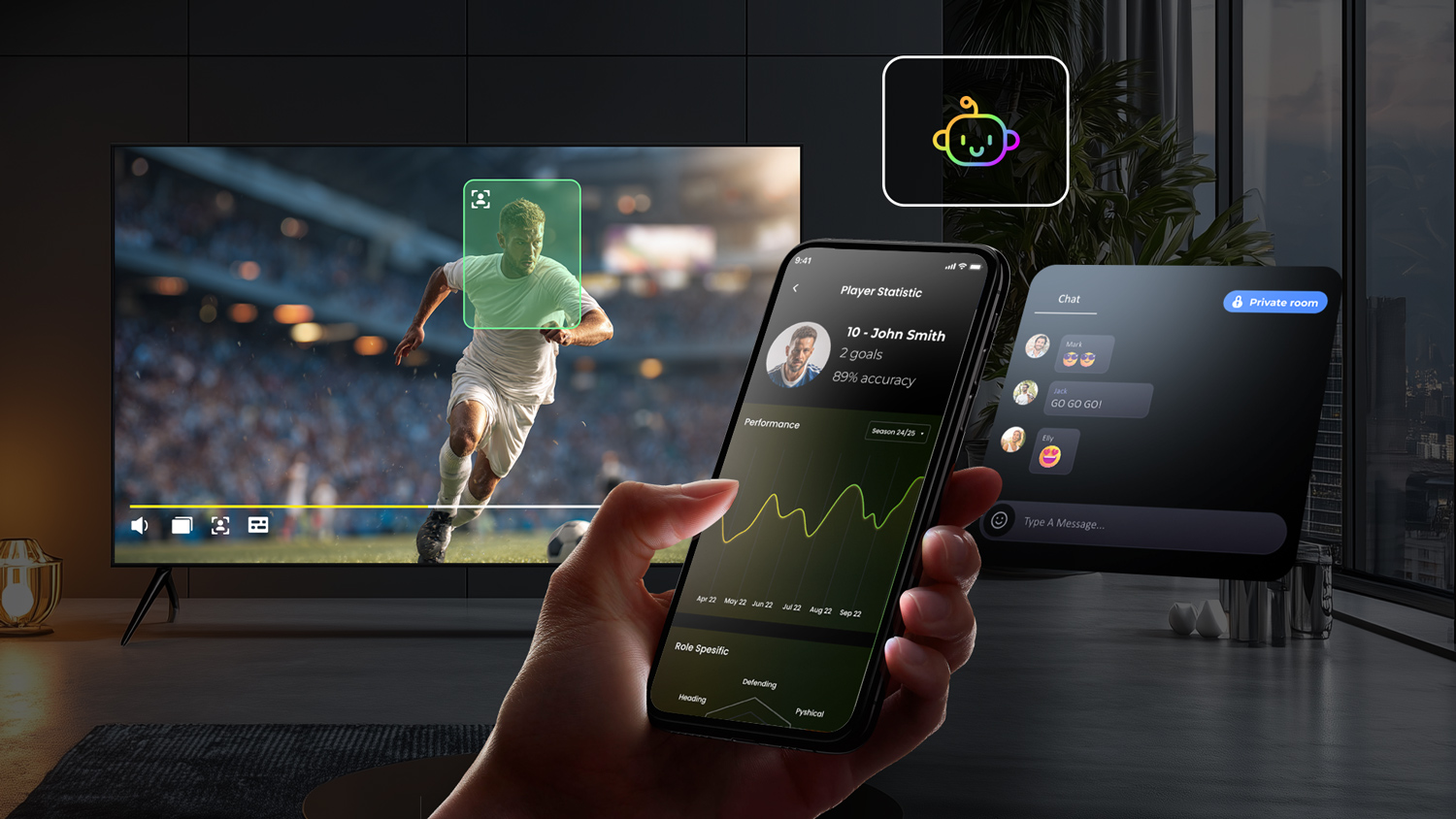
Rest assured that smart bots will not only make navigation through the app easier, but will also improve users’ knowledge. Some clubs, like Juventus with its Tok.tv integration, have already experimented with conversational assistants capable of answering fan questions about fixtures, ticketing, and club history.
While this functionality is still rare across most football club apps, the rise of AI-powered personalization opens clear opportunities. Smart bots could handle routine fan interactions, deliver tailored content recommendations, and even guide users to specific features like mCommerce or VoD subscriptions,creating a more seamless and engaging fan journey.
To Be Continued…
The table features a smaller part of the apps we’ve analyzed — primarily of those clubs that are now leading the standings in their leagues. If we go further, it turns out that some clubs don’t have their official apps at all. Others have a number of apps functioning in isolation (live scoring or multimedia content). But this is a story for another article.
What’s clear from the current analysis is that the gap between basic and advanced football club apps continues to widen. Leaders are building ecosystems that integrate mCommerce, VoD, community features, and even early AI capabilities, while others still treat their apps as simple news delivery tools. As user expectations grow, this divide will likely push more clubs to invest in richer, more interactive fan experiences.
The next stage will likely bring deeper personalization, stronger monetization models, and broader adoption of technologies that make football club apps a central part of the supporter journey, whether it’s for a Champions League giant or an England football app catering to domestic fans.
Does your football club have an official mobile app? What other engaging features do you believe could enhance the fan experience?
If you’re planning to launch a new football club app or upgrade an existing one, our team can help design, build, and optimize solutions tailored to your fans’ needs. From mCommerce to VoD integration, community tools, and smart automation, we know how to turn an idea into a fully functional platform.
Get in touch with us to explore how your app can become a winning part of your club’s digital strategy.

